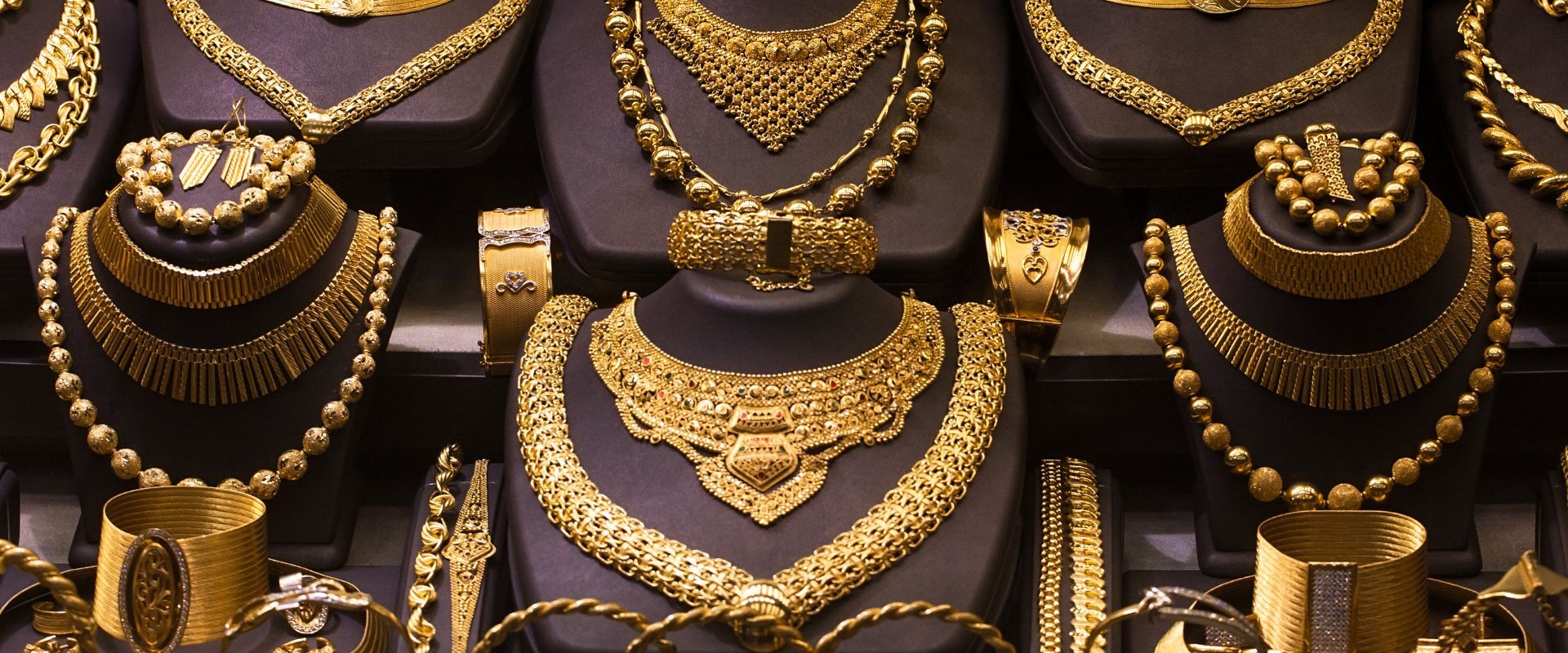Local bullion prices in China recently showed commendable performance rates following restrictive policies that allowed the precious metal to shine bright. Over the last 10 years, gold typically teetered around $6 over the spot price in the local bullion market in China. Over the last month, however, this trend quickly changed, with prices soaring well over $100 per ounce above international prices.
Based on data from Bloomberg, an ounce of gold in China cost 6% above the standard pricing in London and New York last Wednesday, breaching the psychological $2,000-per-ounce critical lines at a healthy $2,007 per ounce.
Bloomberg analysts David Qu and Chang Shu are not shocked by this sudden price spike, though, given the current situation in China. When supplies run short, demand skyrockets, and so do prices. According to the analysts, economic stressors and low supplies are creating safe-haven buying habits in the nation, spiking the prices beyond what typically occurs.
In June, the People’s Bank of China enacted import restrictions, lowering the number of quotas it would release to banks for international gold imports. The purpose of the import restrictions was an attempt to defend the Renminbi by reducing U.S. dollar spending on non-essential commodities like gold. Essentially, the central bank wanted to ease the local currency’s inflation rates by easing purchases.
With this import restriction in place, less gold could come into the country, so investor fear began rising. With demand reaching sudden highs, local pricing for gold started spiking, allowing the precious metal to reach record highs.
Last Thursday, local pricing for gold in China reached $121 per ounce over international prices, representing one of the largest spreads we’ve seen yet. Over the weekend, the central bank ended its import restrictions, sending the record-setting gold prices back to normal levels.
“Improving gold demand and relatively tepid imports in recent months may have led to local demand and supply conditions tightening, pushing up the local gold price premium,” the World Gold Council stated in a recent report.
The People’s Bank of China’s attempt to defend the Renminbi through its import restrictions may have backfired. In early September, the currency hit a 16-year low against the U.S. dollar, likely resulting in the central bank deciding to end its restrictive policies on imports.
With the weakening Renminbi, poor real estate market, and tight regulations, gold has continued to see excellent price support from investors and retail markets alike in the Chinese market. People are flocking to the precious metal to protect their hard-earned savings from the crumbling Renminbi.
Suki Cooper, an analyst for Standard Chartered, believes gold should maintain solid support in China even as the import policies relax.
During the month of August, Shanghai Gold Exchange withdrawals increased by 40% from the month prior, while imports rose by 15%. Chinese exchange-traded fund investments rose to the highest level seen since July 2022.
At the same time, the People’s Bank of China continues to stockpile gold in massive amounts, maintaining its position as the top gold buyer in the world. As of the latest World Gold Council data, China has now purchased gold for 10 consecutive months, lifting its reserves to 69.62 million ounces or 2,175 tons of gold.
It is very likely for the People’s Bank of China, the country’s central bank, to further boost its gold reserves,” Huang Jun, an analyst at FXTM, explained. “As China reduces holdings in US debt, the country needs to increase holdings in other assets, and gold is a rare, high-quality credit asset in the current environment.”
The central bank began its gold-buying spree in November 2022 and hasn’t hit the brakes since. Over the last 10 months, China purchased 6.98 million ounces of gold, making it the top gold buyer in the world, along with Poland.
“That weaponization of the dollar is part of the reason why Russia, China, and other BRICS nations have vied for an alternative to the dollar,” Skylar Montgomery of GlobalData TS Lombard explained when discussing why China continues to opt for gold.
With China continuing to buy gold and its internal demand rates remaining high, the nation offers solid support to international gold prices. While the relaxed import policies may reduce the record-setting local prices, the upcoming National Holiday will likely boost retail demand.
“With the National Holiday looming, the demand and consumption for gold accessories will continue to rise,” Ye Qianning, an analyst at GF Futures in Guangzhou, explained.
As always, investors should consult their advisors before making any portfolio decisions.








